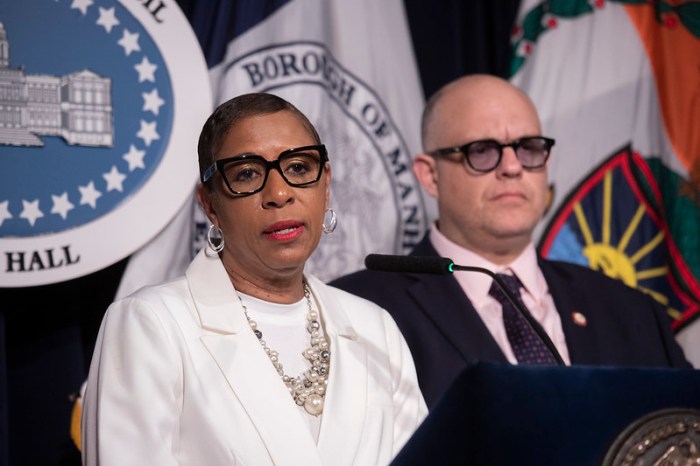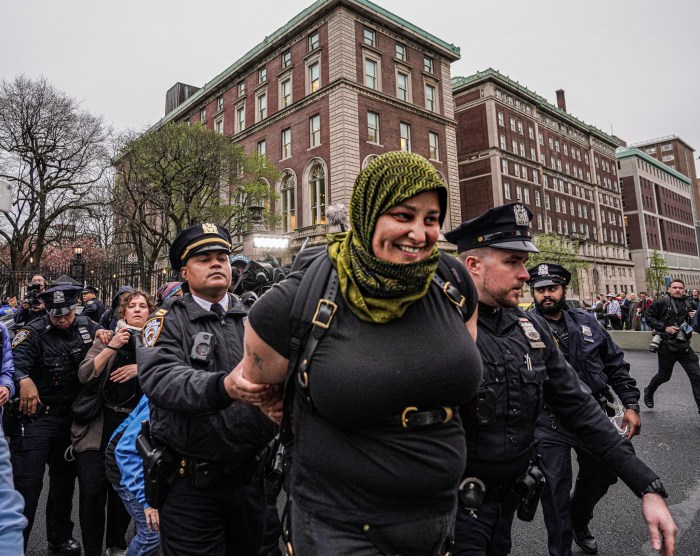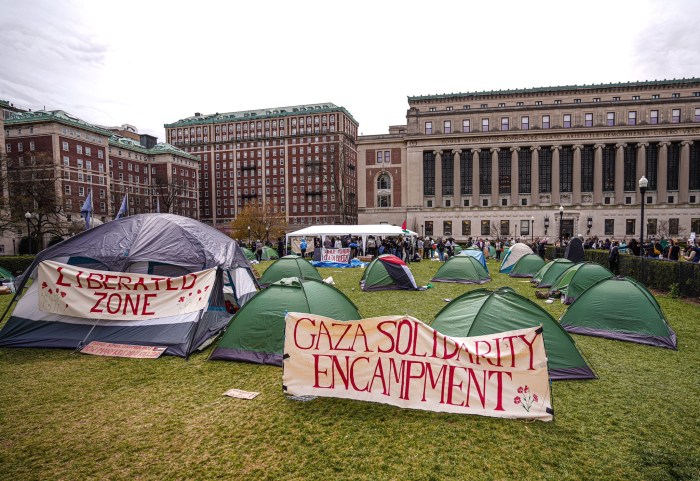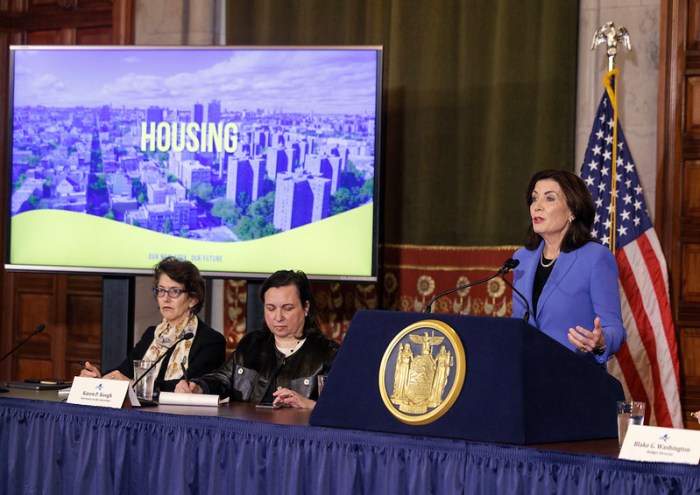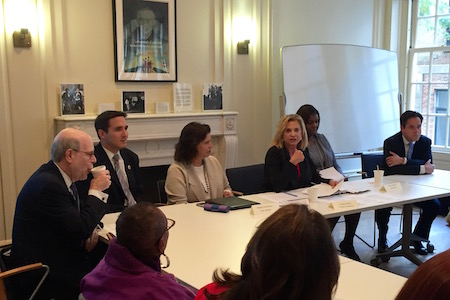
BY YANNIC RACK | At the first Democratic presidential debate last week, gun control was one of the issues that took center stage.
Touting their bad ratings from the National Rifle Association (NRA) and effectively declaring outright war on the organization, the candidates showed how potent the issue has become among Democratic primary voters, with even Vermont Senator Bernie Sanders, who has been criticized for past votes in favor of gun rights, shifting position.
And asked who they were proudest of making their enemy while in politics, both former Maryland Governor Martin O’Malley and former Secretary of State Hillary Clinton named the NRA.
“We have to look at the fact that we lose 90 people a day from gun violence,” Clinton said at the October 13 debate. “This has gone on too long, and it’s time the entire country stood up against the NRA.”
A very different suggestion for dealing with the organization surfaced at a roundtable discussion on gun control held earlier the same day at Hunter College’s Roosevelt House Public Policy Institute on East 65th Street.
“I might propose another cultural approach: all of us who actually care about gun violence might want to join the NRA, and create our own forum within the NRA to say, ‘We don’t agree with their current policy,’” East Side State Senator Liz Krueger said at the event, which was hosted by Congressmember Carolyn Maloney and included other local officials as well as a range of advocacy groups.
“I actually think we outnumber them, by the way,” Krueger added. “Maybe if we all join, and create our own platform, we could switch the dialogue, even within an organization who I think has done so much harm.”
Instead of “demonizing the enemy,” some in attendance also suggested directly working with the other side in order to arrive at a consensus.
“I’ve never done it but I’ll meet with the NRA and try to find some common ground,” said Maloney, whose district spans most of Manhattan’s East Side as well as parts of Brooklyn and Queens. “I’m going to see if I can get a pro-gun congressperson to go with me.”
The roundtable was held in response to the recent shootings at Umpqua Community College in Oregon, Northern Arizona University, and Texas Southern University, which claimed 11 lives in less than two weeks and raised the number of school shootings to 47 for this year alone.
The discussion included calls for lifting the law exempting gun manufacturers from product liability lawsuits and brought up more unusual suggestions as well, such as outlawing realistic-looking toy guns.
“Parents need to stop buying toy guns that look real, and young people need to stop buying cellphone holders that look like guns sticking in their back pocket,” Susan Herman, the NYPD’s deputy commissioner of collaborative policing, said.
“I think that’s a good point, and I’m going to take it one further and put a bill in that these toy guns have to be in bright pink or yellow,” Maloney responded, to a round of applause. At the forum, she highlighted her own record on gun control legislation, one of the strongest of any member of Congress.
One of the bills she currently sponsors in the House of Representatives received special attention: the bipartisan Gun Trafficking Prevention Act, first introduced in 2013, which would make gun trafficking a federal crime and stiffen the penalties for “straw buyers” who knowingly help convicted felons and others barred from owning guns obtain them.
Proponents of the bill argue that it would help shut down the “iron pipeline” of firearms coming into New York from Southern states like Georgia, where laws are more lax.
In May, New York Senator Chuck Schumer called for a crackdown on the infamous route after it turned out that the gun used to kill NYPD officer Brian Moore, who was shot in the head in Queens, had been one of 23 stolen from a shop in the Peach State in 2011.
In fact, a large majority of guns recovered at New York City crime scenes reportedly come from out-of-state.
But without federal legislation against gun trafficking, the event’s speakers regularly repeated, pushing guns remains equal in penalty to illegally carting chickens.
“Even the NRA is not opposing that bill, because they know it’s just sensible,” Maloney said.
The lack of federal legislation is largely to blame for the fact that New York continues to struggle with gun violence despite actually having some of the strongest gun control laws of any state, she said.
But the state legislators in attendance also pointed out that there is more work to do in Albany.
“The State Legislature can and should be doing more,” Krueger said.
“Your voices are being heard loud and clear in Albany,” her West Side colleague, State Senator Brad Hoylman, said. “But the problem is politics. We have not fully enacted the SAFE Act. The Republicans made a deal, secretly, to delay the implementation of the ammunition database.”
In addition to a host of bills that have been languishing in the Legislature for years, including a .50-caliber weapon ban as well as safe storage and microstamping measures, gun control advocates and elected officials have been frustrated for some time about the ammunition database that was included in the 2013 act (short for Secure Ammunition and Firearms Enforcement Act) but has been delayed due to a memorandum of understanding that the Cuomo administration signed with Senate Republicans in July.
“The need for Albany is to make sure that we complete the assignments in the SAFE Act and ensure that the ammunition database becomes operational as quickly as possible,” Krueger said, adding that there are currently no controls to register suspiciously large purchases. “Last time I checked, you don’t hunt with 5,000 rounds of ammunition.”
The senator thanked Maloney for her efforts on the federal level, emphasizing that even if the state passed every gun control measure sought in Albany, the problem would still remain.
“Let’s face it, even if New York State did everything we can, and we haven’t yet, unless we can prevent those guns from crossing state lines, we are fighting a losing war,” Krueger said.










